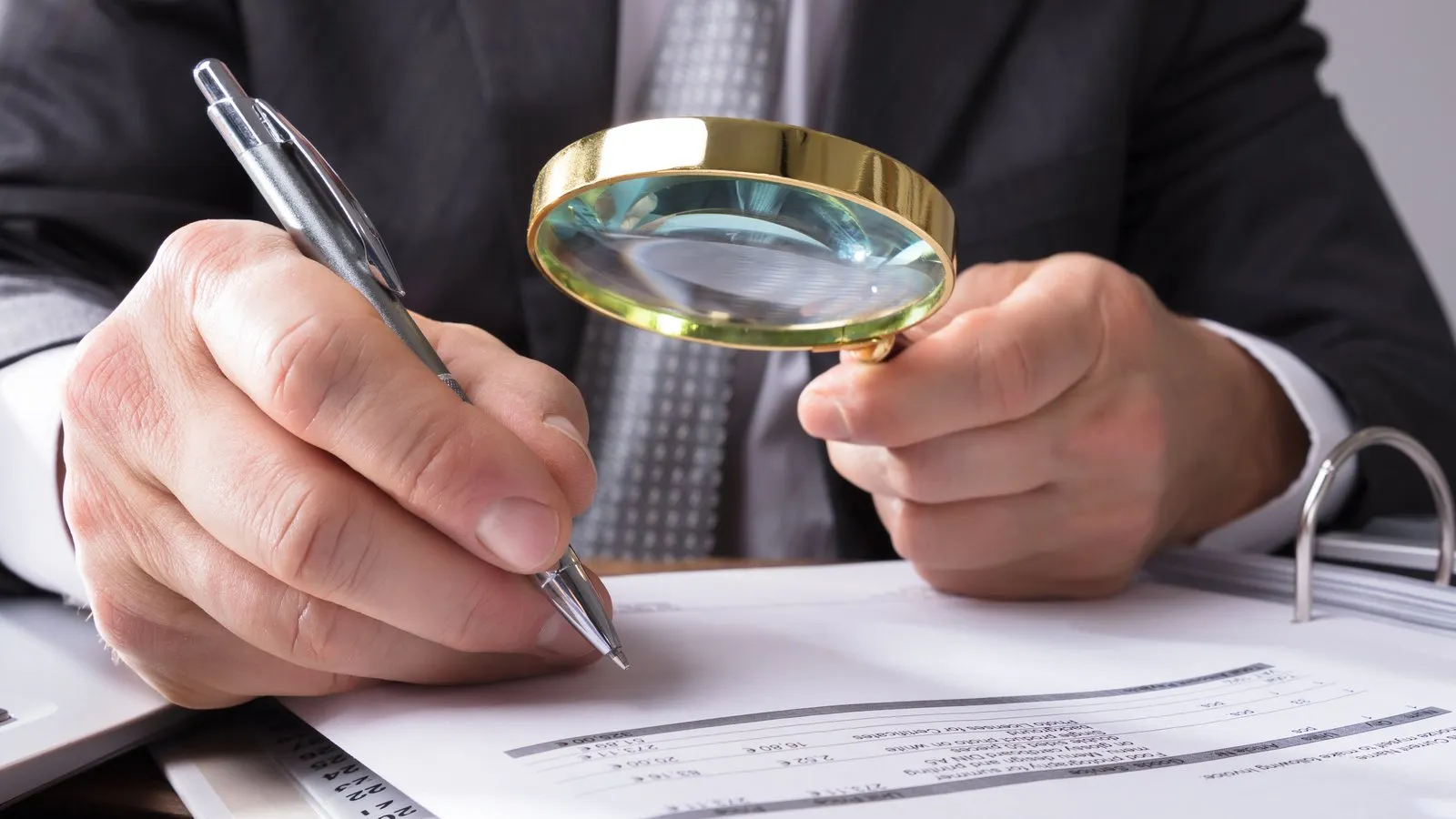When crypto peaked in November of 2021, FTX’s customers thought they owned around $20 billion in digital assets. But according to an expert witness in Sam Bankman-Fried’s criminal trial on Wednesday, the exchange’s digital wallets had closer to a quarter of that.
Notre Dame Alumni Professor of Accountancy Peter Easton, who specializes in financial statement analysis, found that FTX’s digital wallets contained close to $5 billion in crypto when the industry boomed and Bitcoin’s price touched $69,000.
“There’s much less money in the crypto wallets than there should have been,” he said, adding “much finer data” recorded on blockchain made his assessment robust compared to tracking the flow of FTX customers’ fiat deposits.
The professor conducted his research into Alameda Research and FTX at prosecutors’ behest. Easton's assessment tapped bank statements, a “gigantic” FTX database, documents from lenders, and public information recorded on “the blockchain,” he said in a Manhattan courthouse.
Among several charts presented to the jury on Wednesday morning, one focussed solely on FTX customers’ crypto deposits. The graphic compared on-chain balances for FTX’s so-called “sweep” wallets against customer balances in the exchange’s database.
Describing how FTX accounts were credited when depositing crypto, Easton said each customer had a digital wallet address that pertained to their account. When they deposited funds, it would be swept along to another wallet that pooled customer funds, he explained.
At no point since January of 2021 did FTX’s digital wallets contain funds that matched the combined total of what was stated in customer accounts, according to Easton’s investigation. Consistently trailing by billions of dollars, the data stretched through October of 2022.
Less than a week before Bankman-Fried’s crypto empire crumbled, the total account balances of FTX customers appeared to be $11.4 billion. In reality, the exchange’s digital wallets contained just over $1 billion worth of crypto, according to Easton’s work.
In the end, “it must have been customer funds” spent by Alameda, which had a total of 57 accounts on FTX that could rack up negative balances. In May of 2022, for example, Easton’s analysis found Alameda’s accounts had negative balances on FTX totaling $12.6 billion.
The accounting expert said on Wednesday that he’s specialized in researching how to “penetrate” financial statements for roughly 40 years, which means he’s been doing this work longer than Bankman-Fried or any other co-defendant in the trial has been alive.
The former crypto mogul is fighting seven fraud and conspiracy charges that stem from the collapse of FTX last year. Bankman-Fried is accused of pilfering billions of dollars of cash and crypto from his now-defunct exchange through Alameda Research to spend as he pleased. He’s pleaded not guilty to all charges.
As he introduced himself to the jury, Easton mentioned that he had once worked on untangling Enron’s finances after the energy company infamously went bust in 2007. Notably, FTX’s current CEO, John Jay Ray III, took over the reins at Enron during its bankruptcy proceedings.
Needless to say, an attempt by Bankman-Fried’s defense lawyers in September to exclude Easton’s testimony proved unsuccessful. U.S. District Judge Lewis Kaplan found that the accountant’s assessment of FTX and Alameda would not amount to “improper narration” and rather be “the product of specialized knowledge and reliable methodology.”
Edited by Stacy Elliott.





